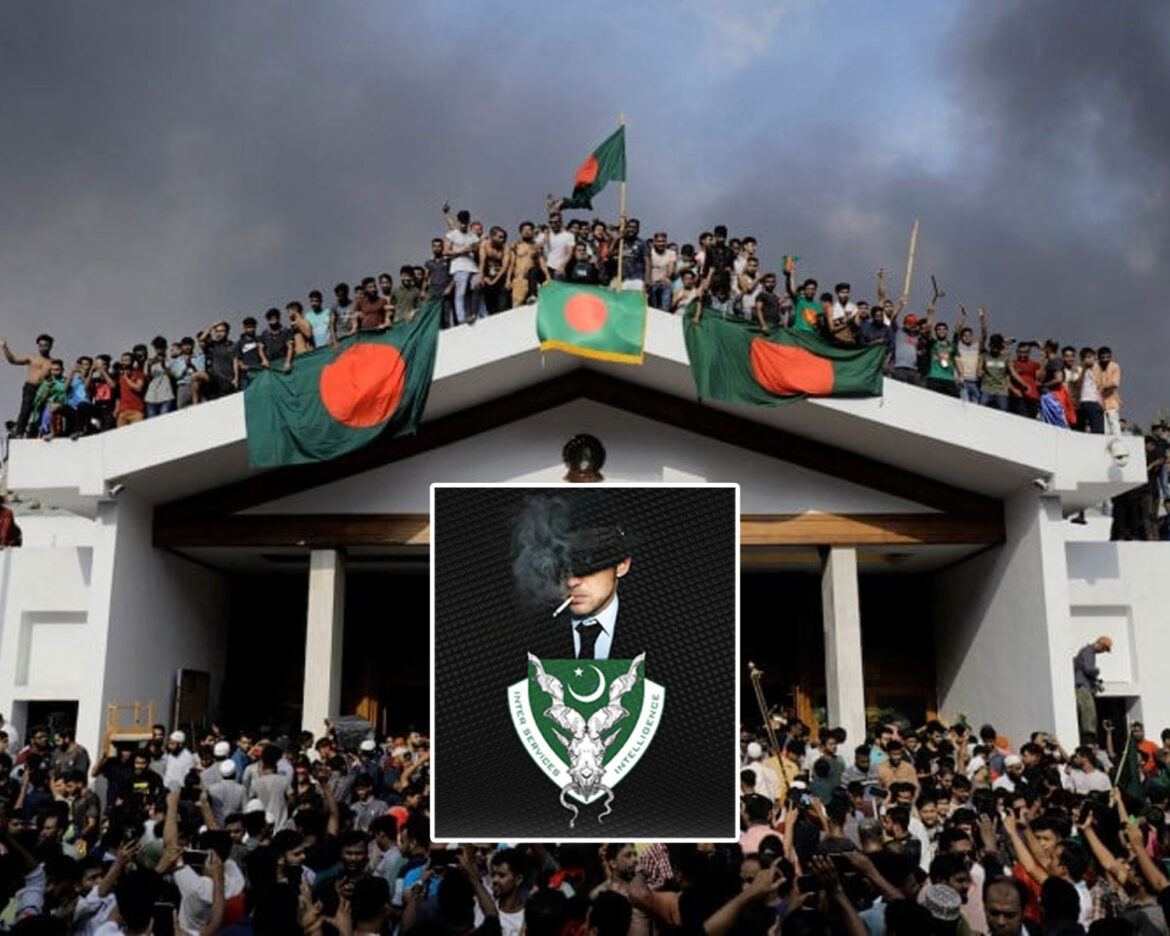According to an intelligence report cited by Indian media outlet India Today, Pakistan’s Inter-Services Intelligence (ISI) is alleged to have played a pivotal role in changing the government in Bangladesh.
The report states that Tarique Rahman, acting chief of the Bangladesh Nationalist Party (BNP) and son of former Prime Minister Khaleda Zia, held meetings with ISI officials in Saudi Arabia. These meetings were allegedly part of a larger plan to destabilize Prime Minister Sheikh Hasina’s government and restore the BNP to power. The plan was reportedly drafted in London with the involvement of the intelligence agency.
The political situation in Bangladesh deteriorated amid widespread protests against a controversial quota system, which reserved a significant portion of government jobs for families of veterans. Although the Supreme Court reduced the quotas, the protests escalated into a broader anti-government movement, leading to violent clashes.
Social media played a significant role in the unrest, with numerous anti-Hasina posts circulating, many of which were reported to have originated from accounts based in Pakistan and the US. The Indian media report also claimed that the Islami Chhatra Shibir (ICS), the student wing of Jamaat-e-Islami Bangladesh, received backing from the ISI.
The protests eventually turned deadly, resulting in over 300 deaths and hundreds of injuries. The situation worsened, leading to Prime Minister Hasina’s resignation and the army’s subsequent takeover. President Mohammed Shahabuddin announced the formation of an interim government, the dissolution of Parliament, and the release of Khaleda Zia.
These developments highlight the turbulent political climate in Bangladesh and raise concerns about external influences on its governance.



